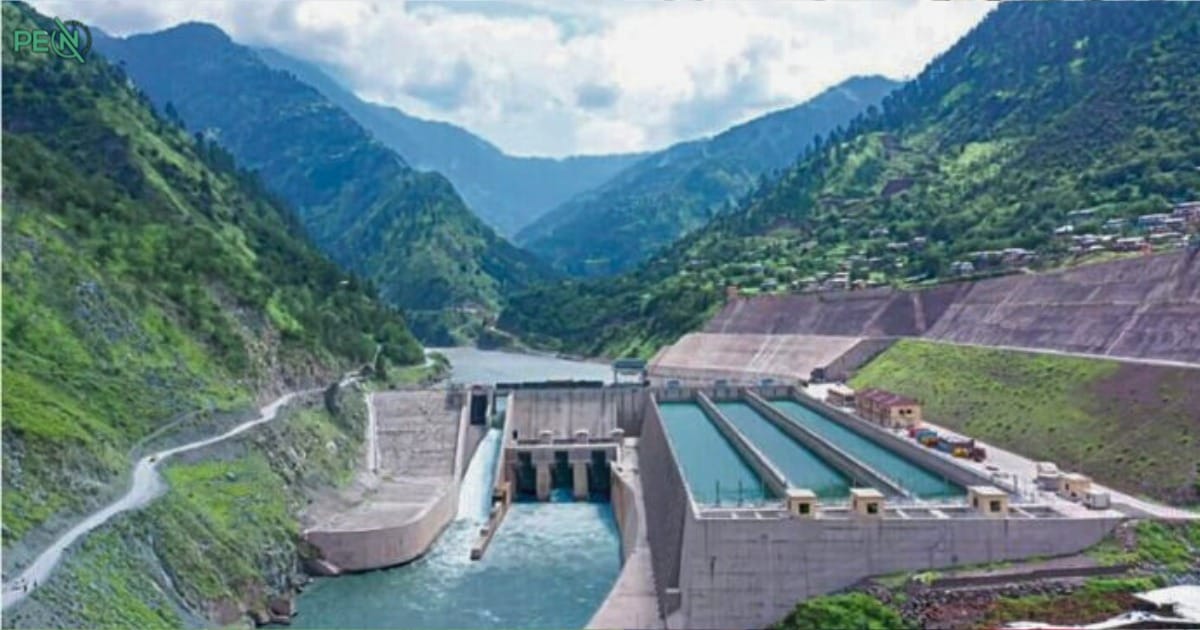Govt to repair Neelum-Jhelum tunnel at Rs23bn, plant offline for eight more months

The government has approved a Rs 23 billion repair plan for the damaged section of the Headrace Tunnel (HRT) at the Neelum-Jhelum Hydropower Project (NJHP), with the 969-megawatt plant set to remain offline for another eight months. This decision follows a review meeting chaired by Planning Minister Ahsan Iqbal, acting on the prime minister’s instructions.
International consultant James Stevenson provided an update during the meeting, explaining that a full reconstruction of the 48-kilometer tunnel would cost over Rs 222 billion and could take years to complete. However, the faulted section of the tunnel, located between kilometers 13 and 16, is accessible through horizontal access points, known as adits. The repair plan involves reinforcing this damaged section with concrete lining, a solution that Stevenson deemed both cost-effective and technically sound.
The prolonged shutdown of the NJHP, which has been offline since May 2, is expected to result in an annual revenue loss of over Rs 55 billion. Beyond this direct loss, there are concerns that indirect costs could reach up to Rs 150 billion due to the need to rely on expensive alternative fuel. Prior to the shutdown, the plant generated over 50 billion units of fuel-free electricity annually, making its closure a significant blow to the country’s energy production.
This is not the first time the project has faced such setbacks. In 2022, the plant was offline for repairs to its 3.5-kilometer Tailrace Tunnel (TRT), which cost Rs 6 billion and took 13 months to fix. During that period, the country also lost an estimated Rs 37 billion in halted energy production.
The NJHP resumed full capacity in March 2023, but soon after, issues with the Headrace Tunnel arose again, reducing output to just 400 MW before the plant had to shut down entirely. These ongoing challenges highlight the vulnerability of the country’s energy infrastructure and the heavy economic toll caused by such extended shutdowns.




